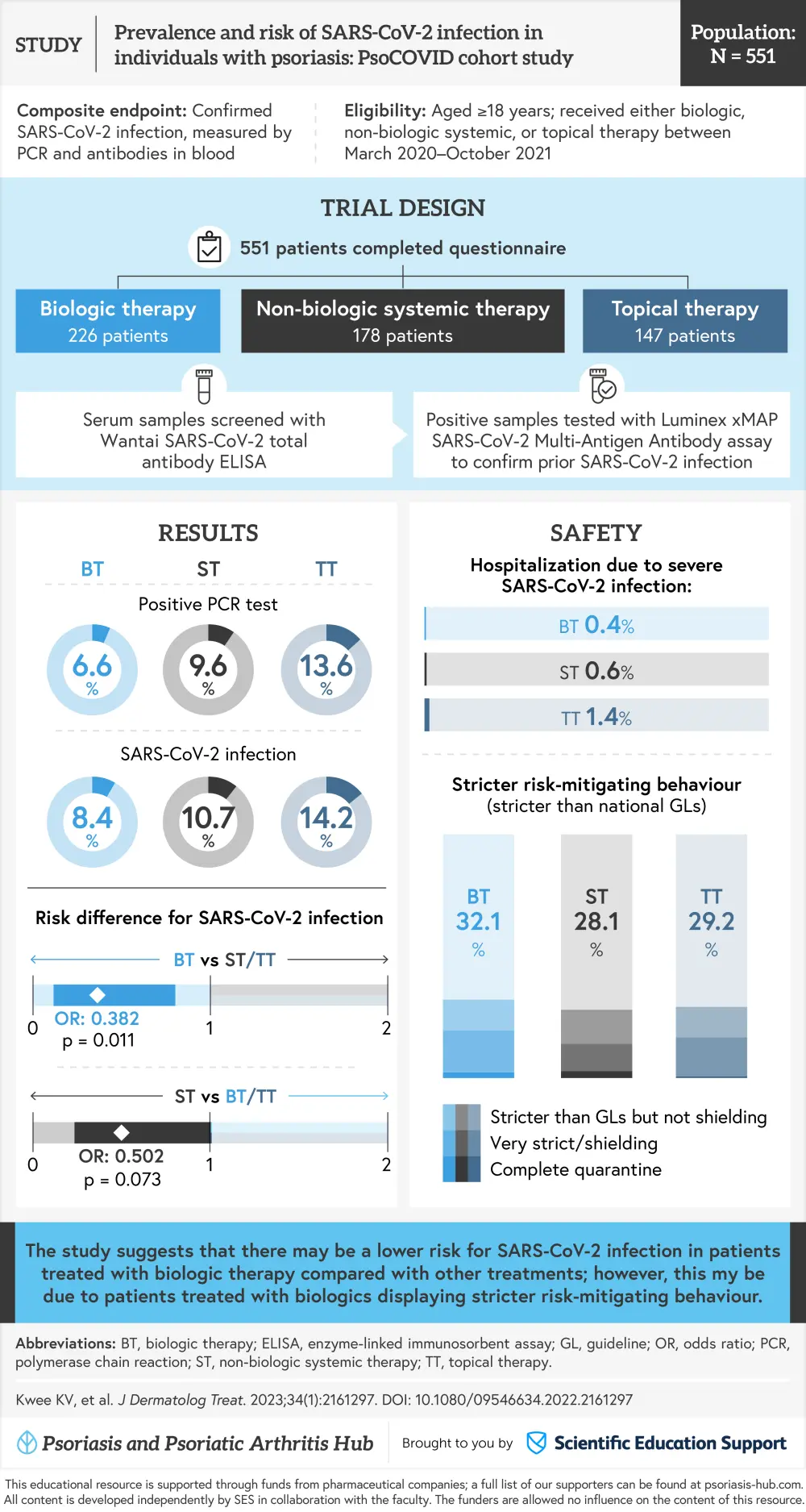All content on this site is intended for healthcare professionals only. By acknowledging this message and accessing the information on this website you are confirming that you are a Healthcare Professional.
The pso Hub website uses a third-party service provided by Google that dynamically translates web content. Translations are machine generated, so may not be an exact or complete translation, and the pso Hub cannot guarantee the accuracy of translated content. The pso and its employees will not be liable for any direct, indirect, or consequential damages (even if foreseeable) resulting from use of the Google Translate feature. For further support with Google Translate, visit Google Translate Help.
The PsOPsA Hub is an independent medical education platform, supported by educational grants. We would like to express our gratitude to the following companies for their support: UCB, for website development, launch, and ongoing maintenance; UCB, for educational content and news updates. Funders are allowed no direct influence on our content. The levels of sponsorship listed are reflective of the amount of funding given.
Now you can support HCPs in making informed decisions for their patients
Your contribution helps us continuously deliver expertly curated content to HCPs worldwide. You will also have the opportunity to make a content suggestion for consideration and receive updates on the impact contributions are making to our content.
Find out more
Create an account and access these new features:
Bookmark content to read later
Select your specific areas of interest
View psoriasis and psoriatic arthritis content recommended for you
Visual Abstract | Prevalence and risk of SARS-CoV-2 infection in individuals with psoriasis: PsoCOVID cohort study
Do you know... Results from the PsoCOVID study suggest that there is a lower risk of SARS-CoV-2 infection in patients treated with which type of therapy (when corrected for vaccination, risk mitigating behavior, sex, age, and weight)?
The Psoriasis and Psoriatic Arthritis Hub is pleased to present a visual abstract representing data from the PsoCOVID study, which evaluated the risk and prevalence of SARS-CoV-2 infection in patients with psoriasis.1 Patients were evaluated based on whether they had received biologic therapy, non-biologic systemic therapy, or topical therapy, between March 2020– October 2021.1 Eligible patients completed a questionnaire and were tested for antibodies to SARS-CoV-2.1 Patient characteristics identified in the survey are shown in Table 1.
Table 1. Patient characteristics*
|
*Adapted from Kwee, et al.1 |
|
|
Characteristic, % (unless otherwise stated) |
N = 551 |
|---|---|
|
Sex, male |
56.1 |
|
Median age at study inclusion, years (range) |
59 (18–88) |
|
Median disease duration at study inclusion, years (range) |
25 (0.5–67) |
|
Psoriatic arthritis |
16.0 |
|
Treatment |
|
|
Topical therapy |
26.7 |
|
Biologic immunosuppressive therapy |
41.0 |
|
Systemic immunosuppressive therapy without biologic |
32.3 |
Of all 551 patients included in the study, 10.7% (59 patients) had experienced an infection with SARS-CoV-2 since the start of the pandemic.1 The PsoCOVID study suggests that there may be a lower risk for SARS-CoV-2 infection in patients treated with biologic therapy compared with systemic or topical therapies (odds ratio, 0.382, p = 0.011).1

References
Please indicate your level of agreement with the following statements:
The content was clear and easy to understand
The content addressed the learning objectives
The content was relevant to my practice
I will change my clinical practice as a result of this content
Your opinion matters
On average, how many patients with plaque psoriasis do you see per month?


